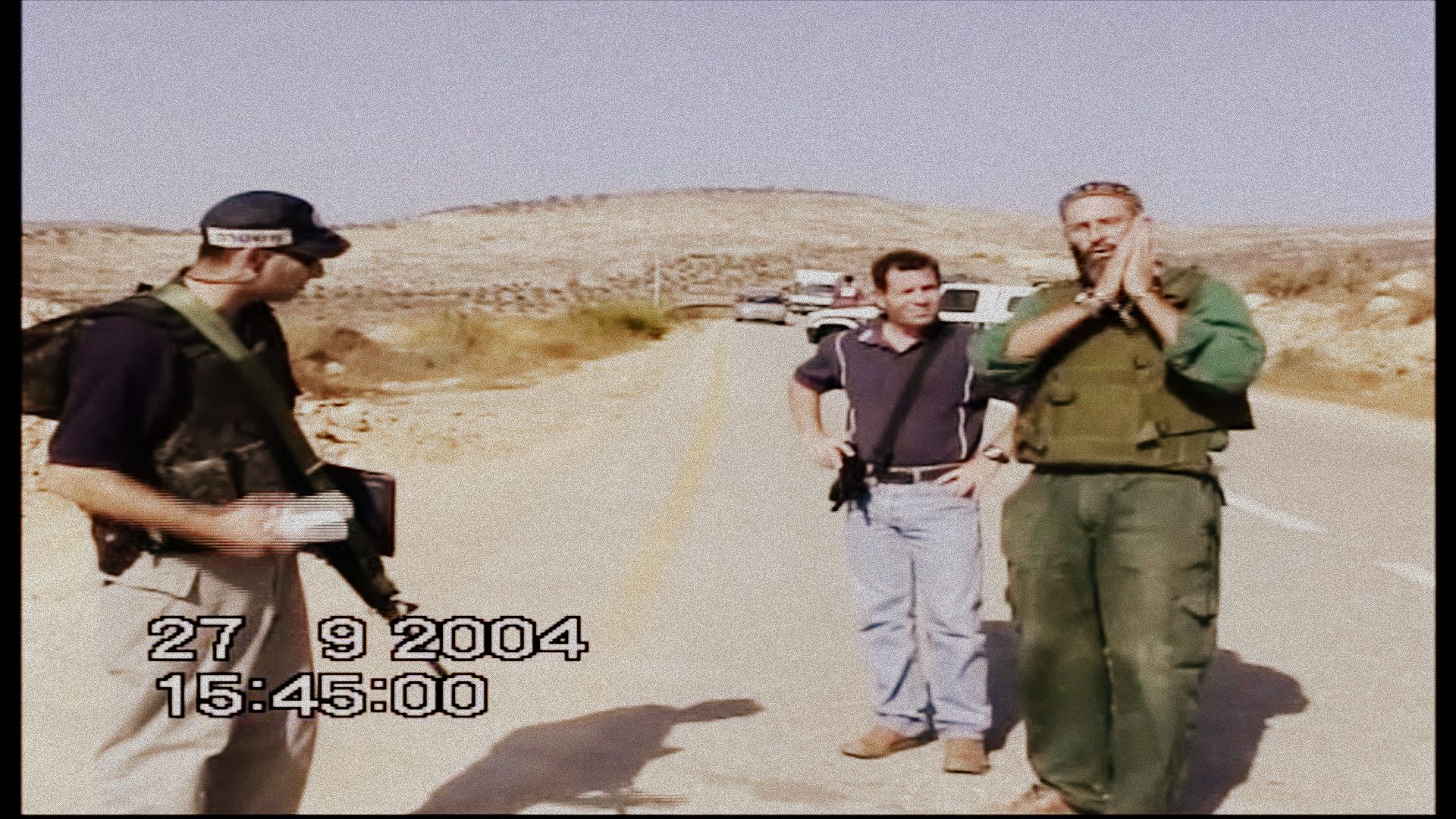(THIS ARTICLE IS MACHINE TRANSLATED by Google from Norwegian)
One morning in 2004, everything went really wrong. Palæstinenseren Sael Jabara al Shatiyam was on the way in his old blue boxcar, a well used one Ford Transit. Previously, he had lost his job Israel, and he was now working on unofficial taxi driving West Bank. He had eight passengers in the car when he spotted an Israeli checkpoint on the road. Convinced that the soldiers would stop him, he did as Palestinians usually do: He took a dirt road to get around the checkpoint.
As he approached the main road again, Sael Jabara al Shatiyam had to speed up to cope with a steep climb through the gravel. He was seen by Yehoshua Elitzur from the radical settlement of Itamar, located in the area. The settler stopped the car, opened fire with his M16 rifle and fatally wounded the Palestinian driver. The settler was arrested and charged with manslaughter, but surprisingly, the court has provisionally decided to place him under house arrest. At the next scheduled hearing, Elitzur had disappeared without a trace.
The monastery of Ettal
Shay Fogelman, a journalist at the newspaper Haaretz i Tel Aviv, was caught by history. The court's gentle treatment surprised him, and he wondered why authorities had done almost nothing to find Yehoshua Elitzur. He started his own human hunt, but what he considered a task for the newspaper in a month's time evolved into a drama that spanned ten years. Now he has turned his many travels into a gripping documentary, which was on the program at this year's DocAviv, the Tel Aviv documentary.
Why did Elitzur stop the car, get out and shoot a Palestinian?
Fogelman has an interesting story to tell, but most of all, the film has become a psychological portrait of Yehoshua Elitzur. The man lived alone in a self-built cottage in Itamar. He worked in another settlement in the area, and despite being part of the community, no one seemed to really know him. It turns out that Elitzur is from Pfarrkirchen, a small town in southern Bavaria. Formerly his name was Johannes Wimmer, but he converted to Judaism and became the radical settler Yehoshua. The family in Germany is Catholic and deep conservative. His mother does not want to meet Fogelman, and his brother claims to have lost touch with John. But despite this wall of imagined silence, a certain image begins to take shape. In the local history archive he becomes acquainted with the killer's grandfather, Hans Wimmer, who was a well-known sculptor with a Nazi past, and Fogelman visits the monastery in Ettal, where John Wimmer went to school as a child. It turns out to be a connection to the case, since Ettal in 2010 was affected by a scandal, sadistic monks and extensive sexual assaults on the school's students.

Instructor Shay Fogelman
Dark image
"If God gave me the sight back and I saw him, I would immediately be blind again," says the victim's daughter, Yasmin, who is blind. Her brother is also blind, which only contributes to the image of a family in serious distress. We get the impression of Sael Jabar al Shatiyam as a righteous man who struggled to keep his family afloat and who would never try to drive another person down with the car.
The image of Elitzur, on the other hand, is becoming increasingly obscure. Why did he stop the car, get out and shoot a Palestinian, Fogelman asks again and again. Because he could, was capable of it, had the power to it, seems to be the clearest answer.
Those who come close to describing him in more or less detail see a highly complicated human being with lots of mental problems. He came from a very embarrassing environment, burdened by Nazism and a victim of pedophilia, and he found the freedom, one observers put it. He is now more likely to find some new, tight frames and a total break with his past. 2004 was the most violent year in The Al Aqsa Intifada. More than 800 Palestinians were killed and 100 Israelis, so to a certain extent it was nothing unusual in his action.
And at the same time, this is a classic case of radicalization. Already in his German youth he was a loner, in conflict with the rigid rules of a conservative society. He freed himself and became part of the wild nightlife of Tel Aviv, where he lived as a photo model, and he ended up finding peace by joining a new religion and going to new extremes.
Affirms with destiny
"It's a film about multiple victims," Fogelman said after the screening in Tel Aviv, and one could be tempted to see this as an attempt to estimate the radical settlers. Elitzur could be seen as the exception, whereas the others are rational and law-abiding citizens. But in reality, Fogelman says that Elitzur is probably an unpredictable loner, but he is indeed something of an archetype. There are many like him among the radical settlers, and deadly violence can break loose at any moment.
Eventually, Yehoshua Elitzur gets caught. Interpol traces him to São Paulo and he is brought to Israel to stand before a court. He gets 15 years behind bars. He had no right whatsoever to open fire on that fateful day, the verdict reads.
Subsequently, Fogelman meets him in prison. Elitzur seems to have fumbled with his fate. He laughs heartily and holds on to his lies. He is still convinced that the passengers of the blue Ford Transit were bomb-belt terrorists, and he maintains his right to defend himself and prevent a disaster. A mind-boggled and dangerous man who lives in his own fantasies – which has apparently been triggered by a traumatic childhood and raised in another world. And something like that can happen anywhere.






